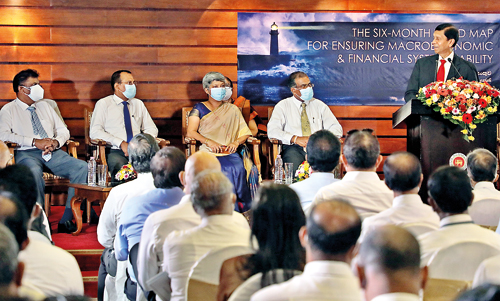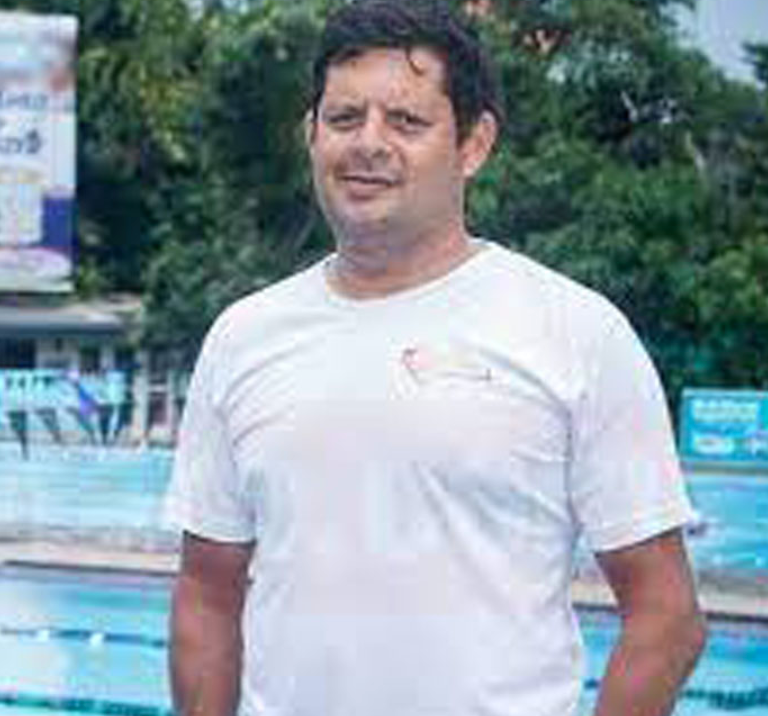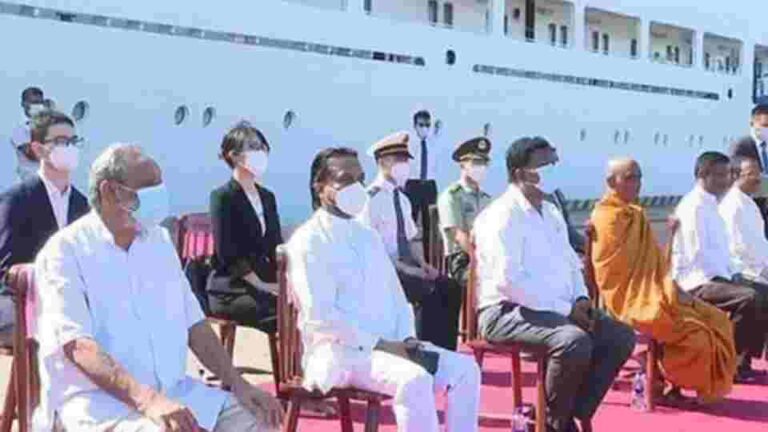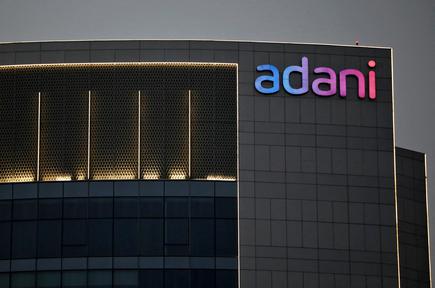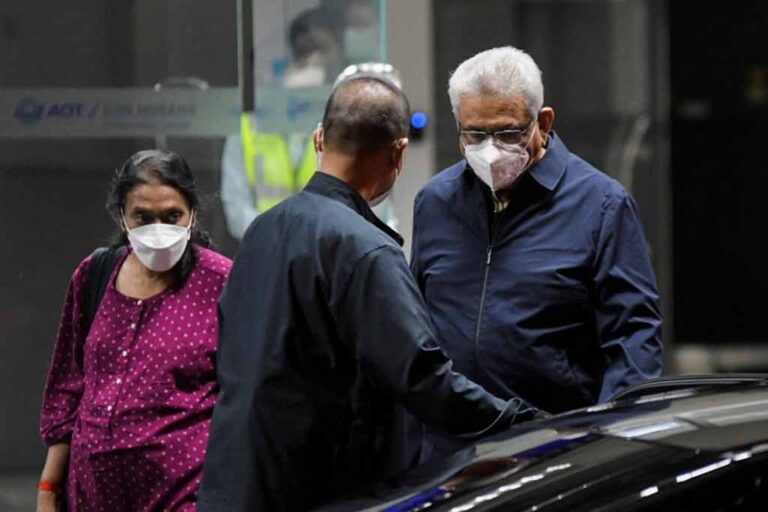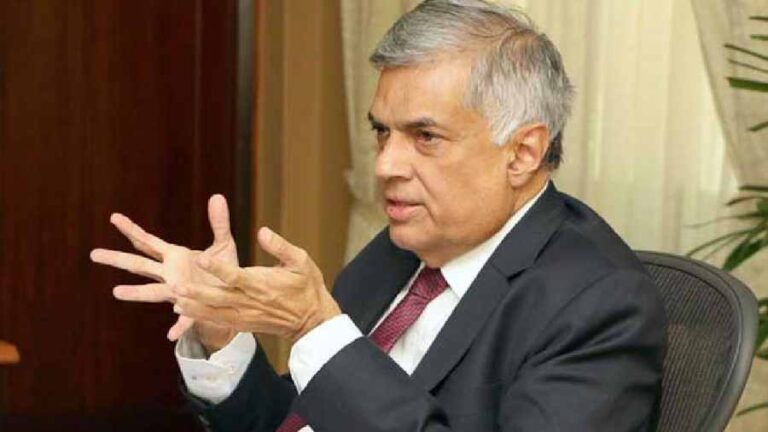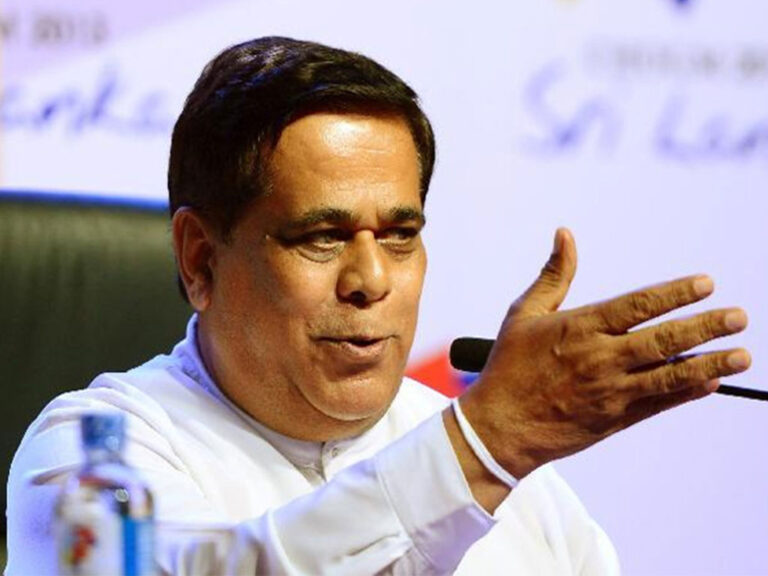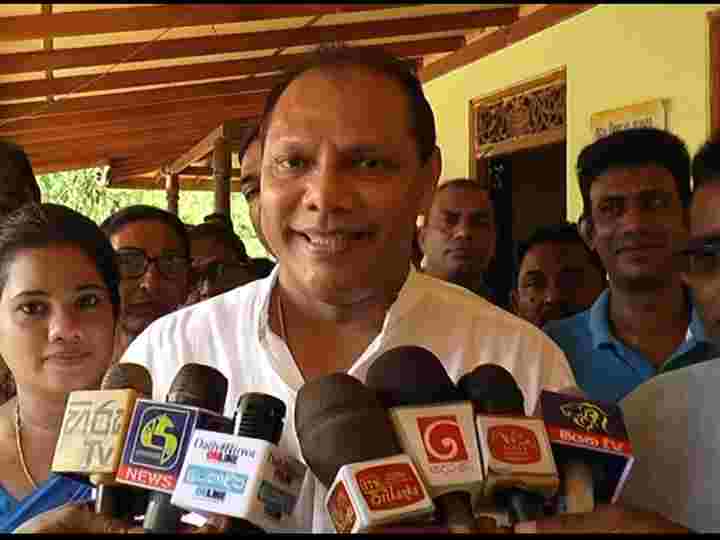With the view of encouraging service exporters to repatriate their export proceeds into the country, the Central Bank has withdrawn the mandatory requirement to convert service export receipts/proceeds that are received in Sri Lanka on or after 12 August 2022.
The service exporters may use their export proceeds so repatriated to Sri Lanka for the permitted purposes, it said, adding that the mandatory requirement to receive proceeds of service exports to the country within 180 days from the date of provision of services remains unchanged.
According to the information reported by banks, during the first six months of year 2022, a total of USD 1,533 mn has been received as service exports receipts, of which USD 406 mn has been converted to Sri Lankan Rupees.
The highest monthly service export proceeds of USD 324 mn were received in March 2022. During discussions with representatives of service exporters, they have highlighted the potential to further enhance export receipts, the CB said.
“All exporters are encouraged to bring in all export proceeds to the country at this time of need, while taking note of the mandatory requirement to receive such proceeds within 180 days.”
The Central Bank says it has intensified its monitoring on compliance with the relevant requirements with respect to exporters and Authorised Dealers.
Further information on the above mentioned relaxation can be obtained by referring to the “Repatriation of Export Proceeds into Sri Lanka Rules No. 02 of 2022” as published in the Gazette Extraordinary No. 2292/50 dated 12 August 2022, accessible through www.dfe.lk.
The Central Bank announced that the island nation will remove regulations that made exporters convert their foreign currency earnings into rupees in the near future.
In recent months, the central bank imposed a number of regulations forcing exporters to convert their US dollars within a set period of time to bolster Sri Lanka’s foreign reserves, reports Xinhua news agency.
“For services exports like IT and tourism, we will remove the mandatory conversion requirement,” Central Bank Governor Nandalal Weerasinghe told a press conference.
“We have no way to track these services. Apparently some exporters are not bringing in foreign currency they make because of the mandatory conversion rule,” he said.
He added that the central bank is also planning to relax a regulation that made tourists pay hotels in dollars.
Sri Lanka has been suffering a shortage of foreign exchange with its reserve assets standing at around $1.9 billion at the end of March.
CB relaxes mandatory conversion requirement on service export proceeds
Julian Bowling and Jonathan Martenstine call the CID!
Swimming champion Julian Bowling and businessman Jonathan Martenstine have been summoned to the Criminal Investigation Department today (17).
They have been called to record a statement regarding the people’s protest that occurred last July.
It is said that statements are to be obtained from them based on the investigation related to the burning of the house of President Ranil Wickramasinghe on that day.
The arrival of the Chinese ship is a sign of our country’s sovereignty – Vasudeva
Former Minister Vasudeva Nanayakkara says that the arrival of the controversial Yuan Wang-5 Chinese hi-tech research ship in Sri Lanka is a sign of our country’s sovereignty.
“The arrival of the Yuan Wang-5 ship in Sri Lanka is a sign of freedom and sovereignty of the country. There was some controversy about the arrival of this ship. It is an imagination of western countries built around America. But we are working to maintain our long-term relations with China without succumbing to imperialist conspiracies.”
Vasudeva Nanayakkara said this when he went to Hambantota port yesterday (16) to receive the ship in question.
Approval to Adani for two projects in the North
Energy Minister Kanchana Wijesekera says that Adani Green Energy Company has been approved for two wind power projects worth more than 500 million US dollars.
The minister states that this decision was taken at the progress review meeting on renewable energy projects held yesterday (16).
Accordingly, approval has been given for a 286 MW project in Mannar and a 234 MW project in Punareen.
Gotabhaya says he is not using state funds on expenses abroad
The Government Information Department says that former President Gotabhaya Rajapaksa emphasizes that the reports published by some media regarding his overseas expenses are wrong and that he spends all his expenses with his personal money.
The announcement issued by the Government Information Department in this regard is attached below.
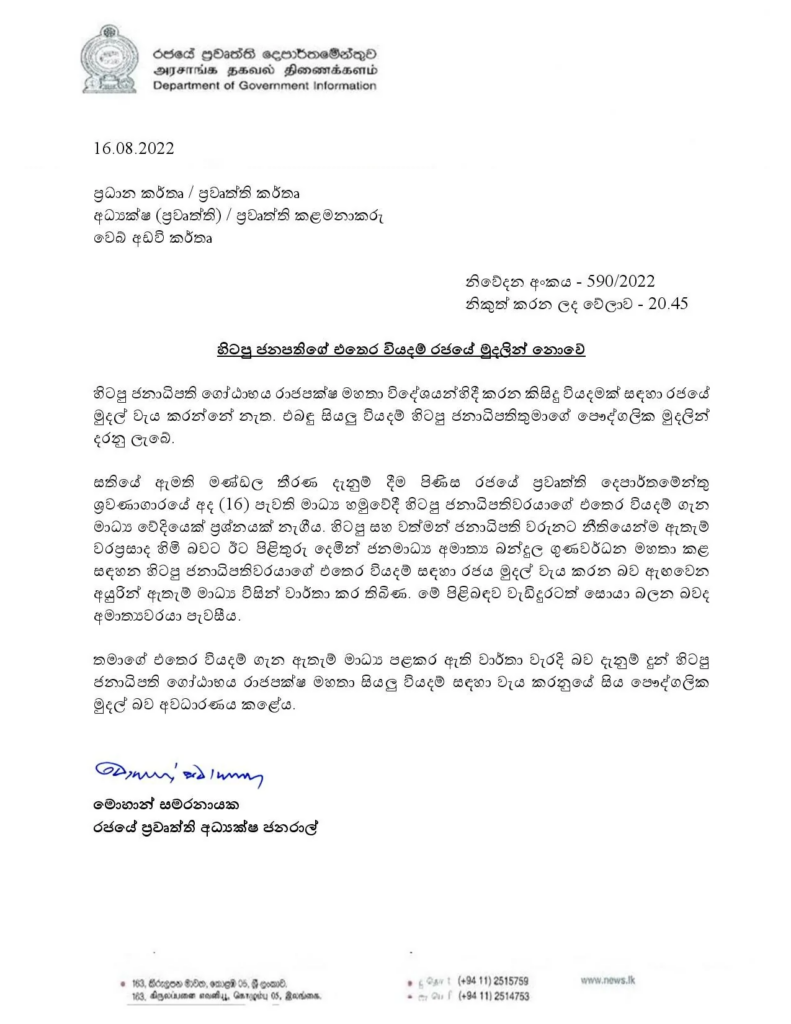
President says state of emergency will not be extended further
President Ranil Wickramasinghe says that since the situation in the country has stabilized, he will not extend the state of emergency.
“We are spending a time dedicated to establishing law and order. What Sri Lanka has lost due to severe economic crisis and severe political instability is almost impossible to calculate. But now we are back to normal. The challenge is how to face the future. As the situation in the country has returned to normal, I will not extend the state of emergency any longer. It ends at the end of this week. But that alone is not enough. We need a change of attitude about how we move forward. If we make that change, this country will have a future, if not, this country will become another Lebanon.”
Ranil Wickramasinghe said this while addressing the 2022 award ceremony of the Association of Scholars held yesterday (16).
President RW sees no need to extend state of emergency
President Ranil Wickremesinghe addressing the ‘Organisation of Professional Associations of Sri Lanka 2022’ Awards Ceremony held at the Cinnamon Lakeside Hotel in Colombo today (16) said there is no need to extend the state of emergency as the country is currently at a stable level.
Given that the country’s situation is returning back to normalcy, the emergency regulations will not be extended, the President promised.
The emergency regulations are due to lapse on Thursday.
MIAP
SLFP doesn’t want the familiar bad guys back in Cabinet! (VIDEO)
Secretary General of the Sri Lanka Freedom Party (SLFP) MP Dayasiri Jayasekara speaking to media today (16) said it would be a question whether the people will accept the formation of an all-party government in which the familiar ‘smugglers’ are restored in the Cabinet, and urged the political parties to nominate important individuals in this regard.
The former minister emphasised that what is needed is not a cabinet to share positions, but a small cabinet that can overcome the current situation. Nevertheless, Ranil Wickremesinghe will be very sorry in the future should he commit the same old mistake again, Jayasekara warned.
He added that the SLFP has tendered the recommendations to be implemented in light of forming an all-party government, and stressed that a National Assembly, therefore, must be established.
MIAP
Vasu, Weerawansa, Ratana Thera off to Hambantota to welcome controversial Chinese defence vessel Yuan Wang 5
MPs Wimal Weerawansa, Vasudewa Nanayakkara and Athuraliye Ratana Thera, some of the most prominent political figures who held the highest powers in the Gotabaya Rajapaksa regime for almost two and a half years and pushed themselves out of it the last moment to declare themselves as ‘independent,’ today (16) headed to Hambantota Port to welcome the controversial Chinese defence vessel Yuan Wang 5.
It is common knowledge that the ten minor parties of the former regime led by Weerawansa, Nanayakkara and Ratana Thera were at the forefront when Gotabaya Rajapaksa’s administration was driven into a serious political crisis. The so called independent group is also grappling against the current regime’s attempt to seek the International Monetary Fund’s (IMF) assistance to address the recession.
Conclusively, the best example of Chinese interference in Sri Lankan politics has been evident today as the three headed to Hambantota to welcome the controversial Chinese satellite observation ship.
MIAP

